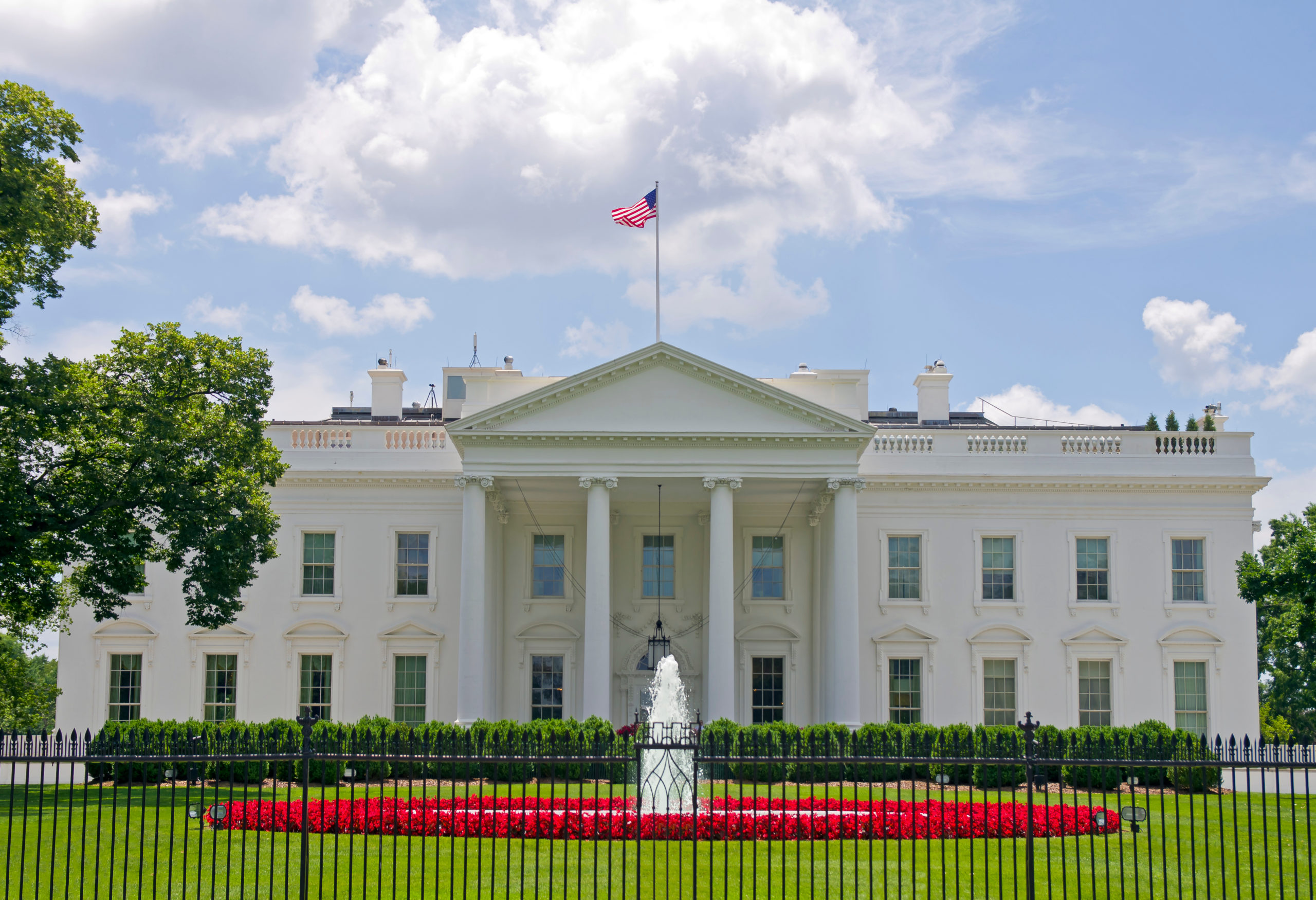Chiefs for Change CEO Mike Magee today released the following statement in response to the White House budget proposal.
When the administration provided a first look at its budget priorities, Chiefs for Change publicly commended the president for proposing significant investments in schools that serve high percentages of children from low-income families and his plan to provide other important increases for education. We continue to urge Congress to approve the administration’s proposed increase for Title I as well as additional funds for counselors, nurses, and mental health professionals. Chiefs for Change also supports the proposed additional funding for broadband and career and technical education, the proposed increase to the maximum award for Pell Grants and the plan to make DREAMers eligible for these grants, as well as proposed funding for a new grant program to foster diverse schools.
Our bipartisan network of state and district education leaders is disappointed that the administration’s budget proposal released today does not contain additional resources for competitive assessment grants. The pandemic has heightened the need for assessments that are student-centered and seamlessly aligned with innovative models of teaching and learning. Assessments must not be limited to a few content areas, but must seek to measure a broader set of skills that more clearly signal college and career readiness and that provide valid, varied, and richer data on outcomes for educators, policymakers, and the public.
We are also disappointed that the administration’s budget proposal does not provide additional funding for the federal Charter Schools Program. Public charters are public schools—and additional resources are needed to support the continued growth of public charter schools across the nation. Sound systems of school choice ensure quality, equitable access, and equitable funding. Across our membership, these systems provide more school options for families and help to foster innovation, improve struggling schools, and promote racial and economic integration by ignoring enrollment zones governed by segregated housing and offering inclusive school programs.
